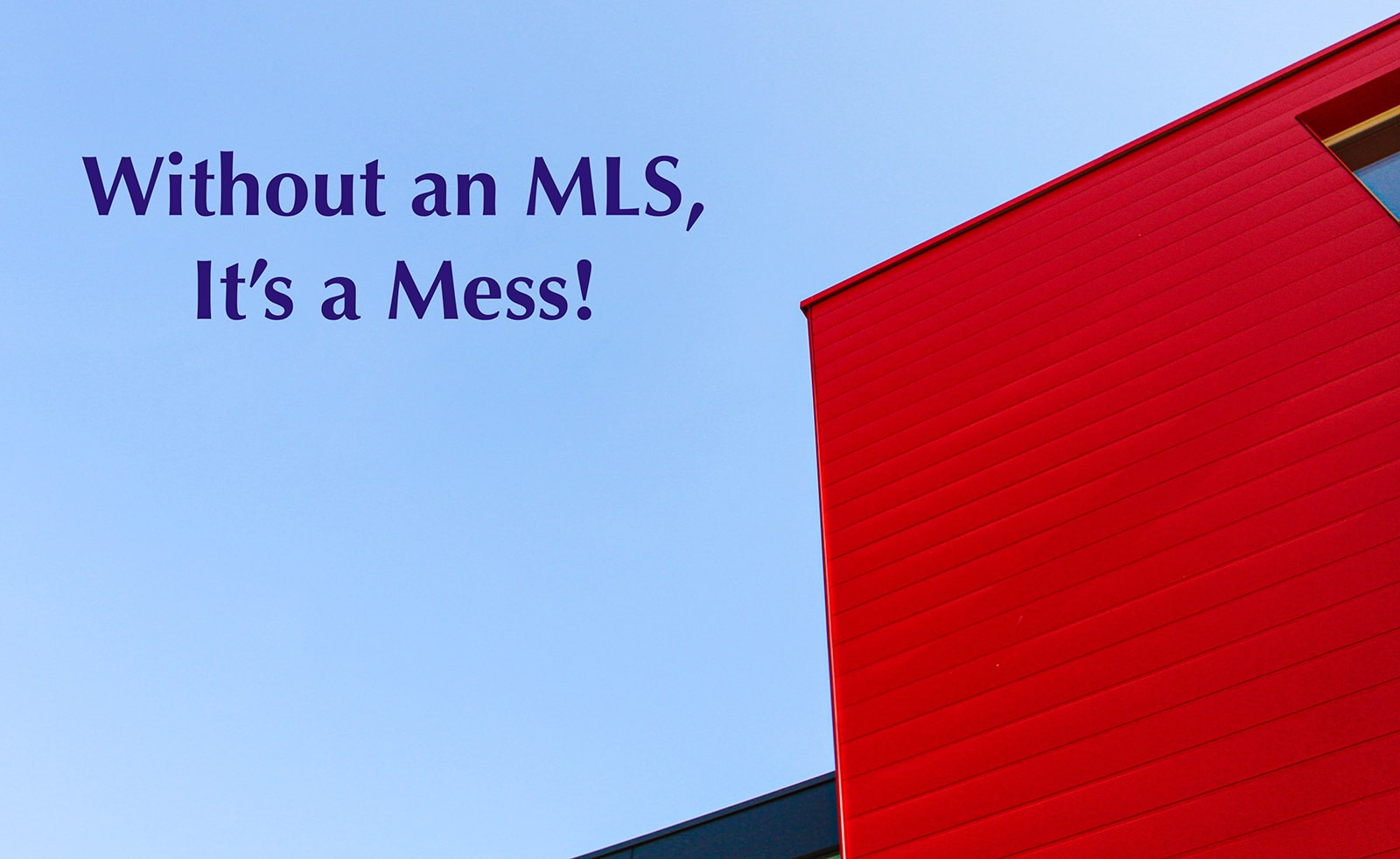
Without An MLS, It’s a Mess!
As a co-founder of a company that has sold listing software in 96 different countries and simultaneously worked with 200 MLSs in the U.S. and Canada as an IDX vendor (Internet Data Exchange), I have gained a unique 360-degree view of the contradictory dynamics of how real estate works on each side of the Atlantic Ocean.
In the U.S. and Canada, we are dealing with a 100-year-old culture that is both collaborative and competitive, where competitors share listing inventory through the Multiple Listing Service (MLS).
Agents learn from their first day as a licensee in the residential real estate business that they must engage and work with other agents and brokers to be successful. The structure of their MLS requires exclusive listing agreements with sellers and requires listing agents to keep their listing status updated, usually within 24 hours of a status change, and that they submit all of their listings to the MLS, often within the first 24 hours of obtaining the seller’s signature on a listing agreement. Agents are expected to follow a set of guidelines, business rules, and ethics to belong to the MLS and to benefit from a community of cooperation. Currently, there are about 529 MLSs in the US, all similar in many ways, with local differences.
Most of the “agents” non-exclusively represent both sides of the transaction What does this mean? They have a divided fiduciary duty to the buyers and sellers, and a powerful motivation to line their own pockets, often at the expense of the principals. The goal is often to silo and guard inventory and to close the deal as quickly as possible with the maximum commission, sometimes collected from both sides and sometimes undisclosed.
With no MLS as a “source of truth,” Real Estate Portals are making hundreds of millions of euros by advertising fake, duplicate, and previously sold listings. They advertise in this way because the knowledge of property for sale is a powerful lead generation tool. Often, unlicensed individuals and firms pay the portals to feature listings that don’t exist or are priced below market value. Buyers call, only to hear, “Oh, this one was sold two hours ago. Let me show you something else. Come to my office!” It is a prime example of “bait and switch. What would be a violation of MLS rules and jeopardize a user’s access to current inventory is just a normal day in other countries!
One of the vital ingredients of MLS in North America is exclusive representation. Exclusive listing agreements work to the benefit of buyers, sellers, agents, and brokers…and also to the portals, who are able to offer clean and accurate property data to consumers.
In the world outside of North America, most property for sale is not easily discovered by consumers. Investors have their own closed markets and “pocket listings” are the rule and not the exception.
The fact is that there is no single source of truth about the real estate market, a fact that cannot be overlooked. No one knows, or has, accurate data for “comps” and “CMAs.” This is one reason why some foreign governments are so interested in establishing MLS in their countries (for example, the Egyptian government’s recent investment of 12 million dollars to build an MLS).
Unethical agents are often the winners and are rewarded for their practices. Double-sided deals are encouraged, and fake listings get rewarded. Who pays for all of this? Consumers. Buyers and sellers, and ethical agents, are the ones who suffer. Regulatory enforcement in some EU countries could solve part of the issue, but MLS is a better solution, a self-policing inventory.
It is for these reasons that the rest of the world envies the North American MLS, even as forces in the US are trying to dismantle it.
Without a doubt, MLSs in the U.S. can do better and can improve. There is room for innovation. Their dealings with portals can change, as can the current compensation vehicle which is part of most MLSs. Compensation plans can be more innovative, and they can engage with the B2C lead market for the sake of their members. These are components of the next generation of MLS, MLS 6.0, as my friend, and a senior advisor for our company, likes to explain.
The rest of the world has the opportunity to learn from the great success of the MLS in North America, and from its mistakes as well, creating more opportunities for all stakeholders.


Sorry, the comment form is closed at this time.